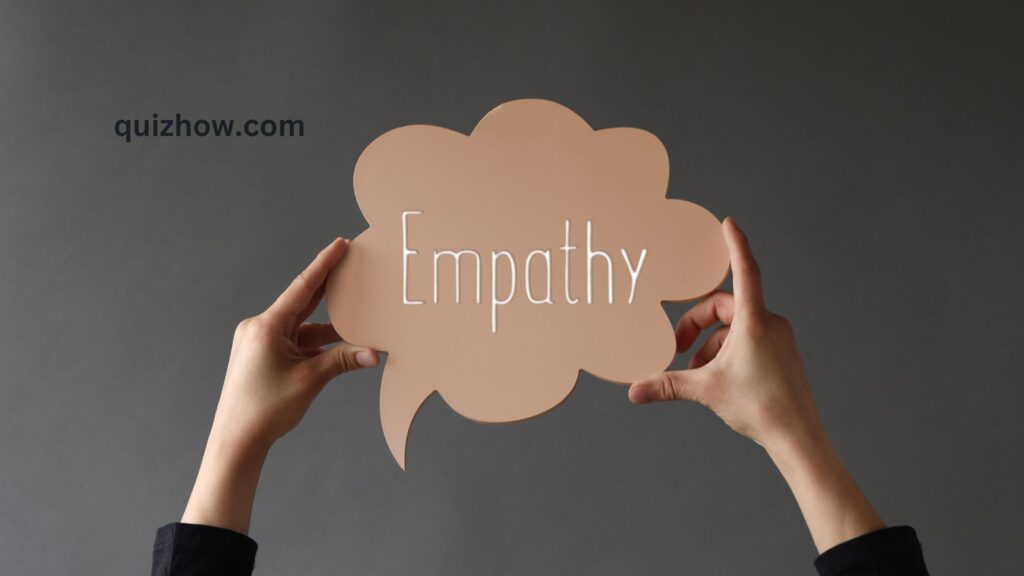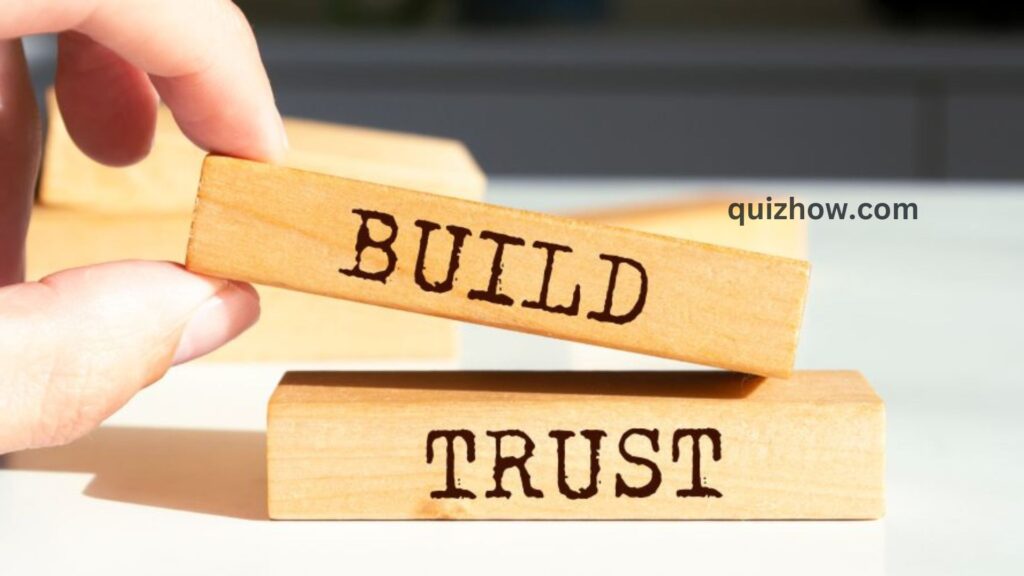We often hear about the importance of human skills, or soft skills, for building strong and effective teams. With the shift to remote and hybrid work, these skills are more important than ever.
So, what exactly are human skills?
Sometimes called “soft skills,” these include our ability to connect with others through empathy, compassion, and authenticity. People with strong human skills build better relationships with their colleagues and customers, creating a solid foundation for innovation, collaboration, and adaptability in the workplace.
This topic came up a lot during the 2021 Partners’ Meeting—Learn, Lead, Illuminate. As we connected virtually with leaders in organizational development, it was clear that human skills are essential for adapting to a more digital, inclusive future.
The pandemic made this even clearer. Rapid changes in work arrangements highlighted relational issues, as everyone struggled to adapt.
Teams faced challenges like:
- New hires feeling disconnected during onboarding
- Team members becoming disengaged due to less face-to-face interaction
- Employees overusing online communication to make up for the lack of in-person contact
- Increased burnout from difficulty in “switching off” while working from home
Even though many employees are returning to the office, work norms have changed for good. These challenges are likely to persist in some form, making the development of human skills crucial for navigating the evolving work landscape.
5 Human Skills That Will Help Leaders Thrive in the New Age of Work
1. Empathy
Empathy means truly caring about others and understanding their feelings and perspectives. It might not seem like a top workplace skill, but it’s crucial for building long-lasting, positive relationships and handling challenges effectively.

In these unpredictable times, stepping out of our comfort zones is a must. As things change rapidly, conflicts and friction can arise. Being able to empathize with others helps us stay connected and work through these challenges together.
What does empathy look like in action? Some leaders are taking extra time to connect with new hires, helping them feel more included in the company culture. Others are supporting burned-out team members by helping them set boundaries and practice self-care, like mindfulness.
Effective empathy also involves good communication, which brings us to our next skill.
2. Communication
Strong communication has always been important, but the way we communicate has evolved with the rise of video calls and group chats.

To communicate well, whether online or in person, you need to:
- Listen actively
- Clarify what’s been said to avoid misunderstandings
- Be mindful of your body language
- Clearly state your main points
In a remote environment, it’s even more important to focus on active listening and ensuring everyone’s voice is heard. Paying attention to these details can help prevent miscommunication and make team interactions smoother.
3. Adaptability
The pandemic reminded us that we should always be ready for the unexpected, especially with possible restrictions or changes.

Being flexible and adaptable helps us stay positive when facing challenges and find creative solutions with the resources we have. Leaders need to adapt emotionally and socially to manage different personalities and situations effectively. Developing emotional intelligence helps in navigating these relationships smoothly.

4. Coaching
Coaching is essential for bringing out the best in your team. Instead of just giving directives, effective managers focus on asking the right questions, listening well, and empowering their team members.

Creating a coaching culture helps employees feel supported and grow their skills, which benefits the organization in the long run by fostering innovation and retaining talent.
Also Read: 7 Top Tips for Remote Team Management
5. Trust Building
Trust is the foundation of any successful team. Leaders need to build trust before anything else. When team members feel safe and trust each other, they can perform at their best.

Building trust involves being authentic, honest, transparent, and compassionate. Leaders can set the tone by owning up to mistakes, looking out for others, and being open about challenges. This creates a safe environment where team members feel comfortable being themselves and learning together.
Human Skills for a Better Future
As we navigate this new era of work, developing human skills will be key for both individuals and organizations to succeed. By focusing on these skills, we can build a better future for ourselves and our teams.

Discover more from QuizHow
Subscribe to get the latest posts sent to your email.


1 thought on “5 Essential Skills for Future Workplaces”